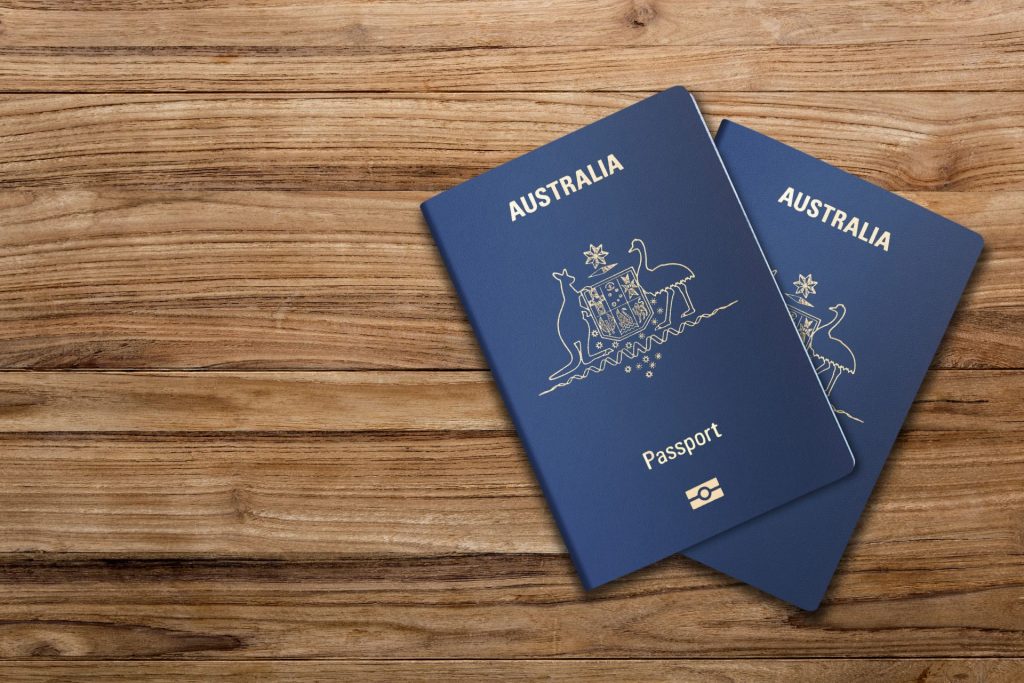QLD Verification of Identity Requirements
Conducting a verification of identity or ‘VOI’ process is an essential requirement of many legal transactions, including property conveyancing transactions.
As digital property transactions are gaining momentum across Australia, more checks and balances are necessary to reduce the risk of identity fraud and protect the interests of parties during a transaction.
What does verification of identity involve?
A legal practitioner must take ‘reasonable steps’ to verify the identity of their client, ensuring the client is the person they claim to be, and they have the right to deal with the subject property of a transaction.
The VOI standard adopted by Titles Queensland is recorded in the Land Titles Practice Manual and is substantially the same as both the standard specified ARNECC’s Model Participation Rules and schedule 8 of the Queensland Participation Rules for Electronic Conveyancing.
Usually, the VOI standard involves a face-to-face meeting between the legal practitioner and client, during which time, the client will produce their original identity documents for the legal practitioner to sight.
In instances where the legal practitioner and client cannot meet face-to-face (as was a common predicament during the recent COVID-19 pandemic), it is possible for the VOI to be conducted remotely (i.e. using FaceTime) or through a VOI agent. In this instance, it is a matter for the legal practitioner to determine what constitutes reasonable steps specific to the circumstances.
When is verification of identity required
Completing VOI is mandatory if:
- settlement will be completed using an electronic conveyancing platform, such as PEXA or Sympli;
- you are signing a paper or electronic mortgage document; and/or
- if you are signing a document that requires your legal practitioner to witness your signature, such as a property transfer or another document that deals with an interest in real property.
What identification documents needs to be produced
If the client is a natural person, the client must produce the identity documents specified in one of the 6 categories of minimum document requirements (noting that category 5 can only be used where the requirements of categories 1-4 cannot be met and category 6 only applies to persons who are not Australian citizens or residents).
Category 1 is the preferred option and includes the following documents:
- Australian Passport or foreign passport or Australian Evidence of Immigration Status ImmiCard or Australian Migration Status ImmiCard;
- Australian drivers licence or Photo Card; and
- Change of name or marriage certificate (if necessary).
If these documents cannot be produced, alternative documents that satisfy the requirements of another category must be produced.
If the client is a corporate entity, the legal practitioner should obtain a company search to confirm the proper existence of the company. The authorised representatives of the company (usually company officers) will then need to personally complete the VOI process.
Conclusion
It goes without saying that VOI by legal practitioners (especially those involved in property transactions) is integral to minimising the acceptance and registration of fraudulent documents and dealings.
If you or anyone you know has queries or requires assistance in relation to the VOI process, please do not hesitate to contact us on 3999 7102.

